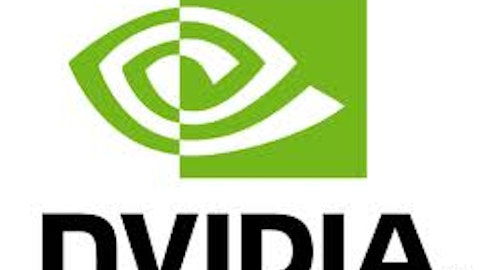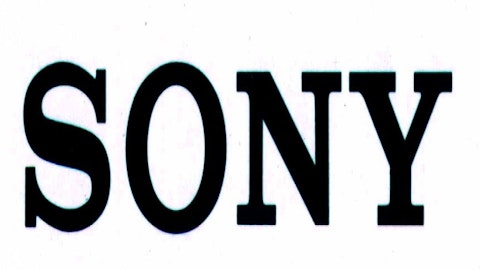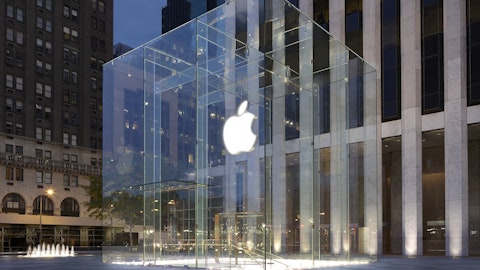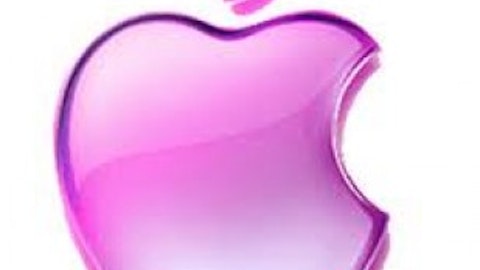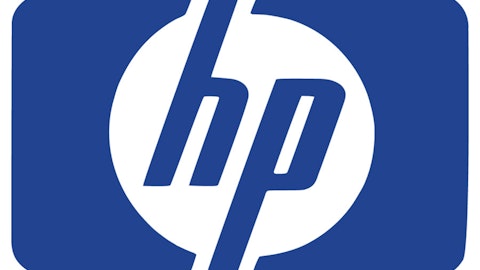Rumor site 9to5Google.com recently reported that Google Inc (NASDAQ:GOOG) will open a chain of self-branded retail stores in time for the holidays this year.
The move would follow high-end retail king Apple Inc. (NASDAQ:AAPL) in a big way. Cupertino collects about 12% of its massive sales via a global network of Apple stores. These locations also serve as a nerve center for promotional campaigns, technical support, and cultural presence. Since the first stores opened around the birth of the original iPod/iTunes phenomenon, it’s difficult to tease out the nickel-and-dime importance of the store chain, but it’s safe to call it a major factor in Apple’s decade-plus of ground-shaking success.
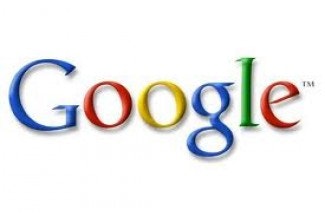
The campaign hardly seems worth Microsoft’s attention: There are only 40 locations four years into the life of Microsoft’s store concept. By contrast, Apple opened about 100 locations in its first four years and now runs nearly 400 stores worldwide. Mr. Softy isn’t sharing any details on how well these locations are doing. You’d expect management to brag a bit if it was thumbs-up all the way.
Death, taxes, and retail success?
So there’s no guarantee that Google Inc (NASDAQ:GOOG)’s stores will automatically become massive profit centers or brilliant promotional tentpoles like Apple’s. Microsoft showed that you can copy the idea without achieving Cupertino’s success.
And you could argue that Google Inc (NASDAQ:GOOG) mainly sells online services anyhow. That’s hardly the kind of goods you expect to find on a store shelf somewhere, backed by retail assistants working on commission.
But Big G is getting more physical, day by day. The Motorola purchase gave Google Inc (NASDAQ:GOOG) some direct skin in the smartphone and table games. The upcoming Motorola X handset might give Google its first blockbuster product in the physical world. And you’ve seen co-founder Sergey Brin sporting Google Glass digital eyewear in public. That product could certainly use some hands-on testing in order to score consumer sales.
Google could also hawk a wide variety of Android-based products not showcasing the Google brand, including the lukewarm Google TV platform. Further down the road, the company is working on (among many other strange things) self-driving cars, space elevators, advanced artificial intelligence, and green energy alternatives. Some of these projects may not be well suited for retail selling, but they could all use some space for promotion, demonstration, and explanation in high-traffic shopping malls.
Some day, Google will simply have to get into the retail game, like it or not. The former online search specialist is becoming too diversified to stay in its online cocoon much longer.
Right here, right now?
Is 2013 the right time to make the move into retail? I’m not completely convinced.
Apple demonstrated that it is possible to launch a world-beating retail presence at the same time as betting the company on an unproven product line (iPods!). The similarities run deeper than you might think. Google Glass might retail for $500 or so. The first iPod was an unqualified blockbuster at $400. Google would obviously love for the Glass gadget to become an iPod-style linchpin for a long-term retail and consumer-sales story.
